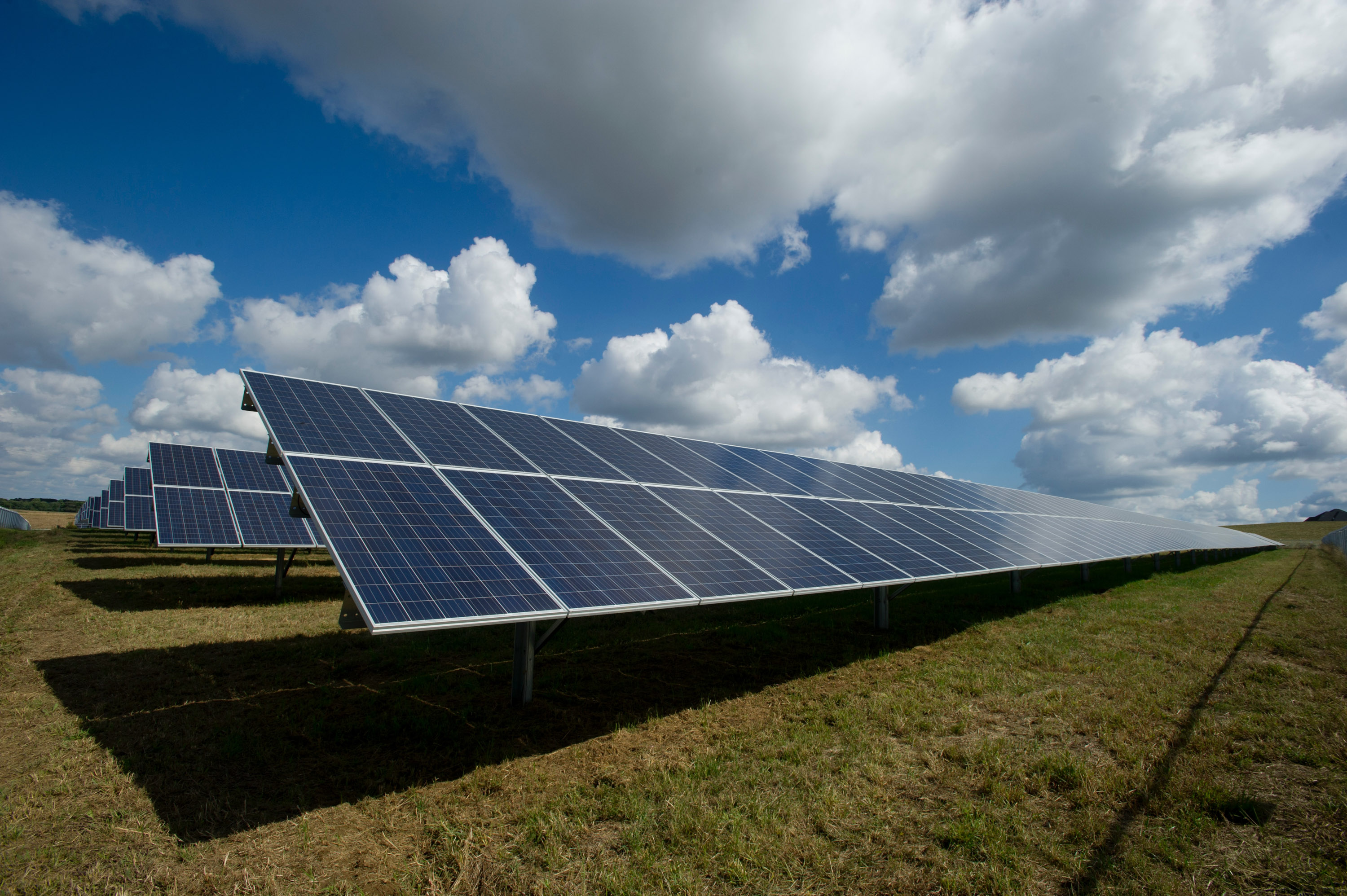Congress boosts clean-energy research over Trump’s objections

This week, the US House of Representatives passed spending bills that add hundreds of millions of dollars for energy research and development, defying the White House’s requests to cut funding in these areas.
Congress has consistently increased energy R&D spending throughout the Trump administration, indicating growing bipartisan support for innovation funding despite disagreements over enacting more aggressive climate policies.
The details: The legislation boosts spending on energy research by 11%, to $8.1 billion for fiscal 2020, according to an analysis by the Information Technology and Innovation Foundation. That includes increased funding for nuclear energy, energy efficiency, sustainable transportation and renewable electricity. (How much spending increased precisely depends on how you define the categories, and others calculated the figures differently.)
The big picture: R&D spending is crucial for developing cheaper and better clean energy sources, batteries, and other carbon-free technologies. But given the rising dangers of climate change and slow reductions in greenhouse-gas emissions, we clearly need additional government policies to push these products into the market faster.
What’s next? The Senate is expected to pass the bills, and the White House has indicated President Trump will sign them.
Deep Dive
Climate change and energy
The problem with plug-in hybrids? Their drivers.
Plug-in hybrids are often sold as a transition to EVs, but new data from Europe shows we’re still underestimating the emissions they produce.
These artificial snowdrifts protect seal pups from climate change
The human-built habitats shield the pups from predators and the freezing cold, but they’re threatened by global temperature rise.
How thermal batteries are heating up energy storage
The systems, which can store clean energy as heat, were chosen by readers as the 11th Breakthrough Technology of 2024.
The hard lessons of Harvard’s failed geoengineering experiment
Some observers argue the end of SCoPEx should mark the end of such proposals. Others say any future experiments should proceed in markedly different ways.
Stay connected
Get the latest updates from
MIT Technology Review
Discover special offers, top stories, upcoming events, and more.